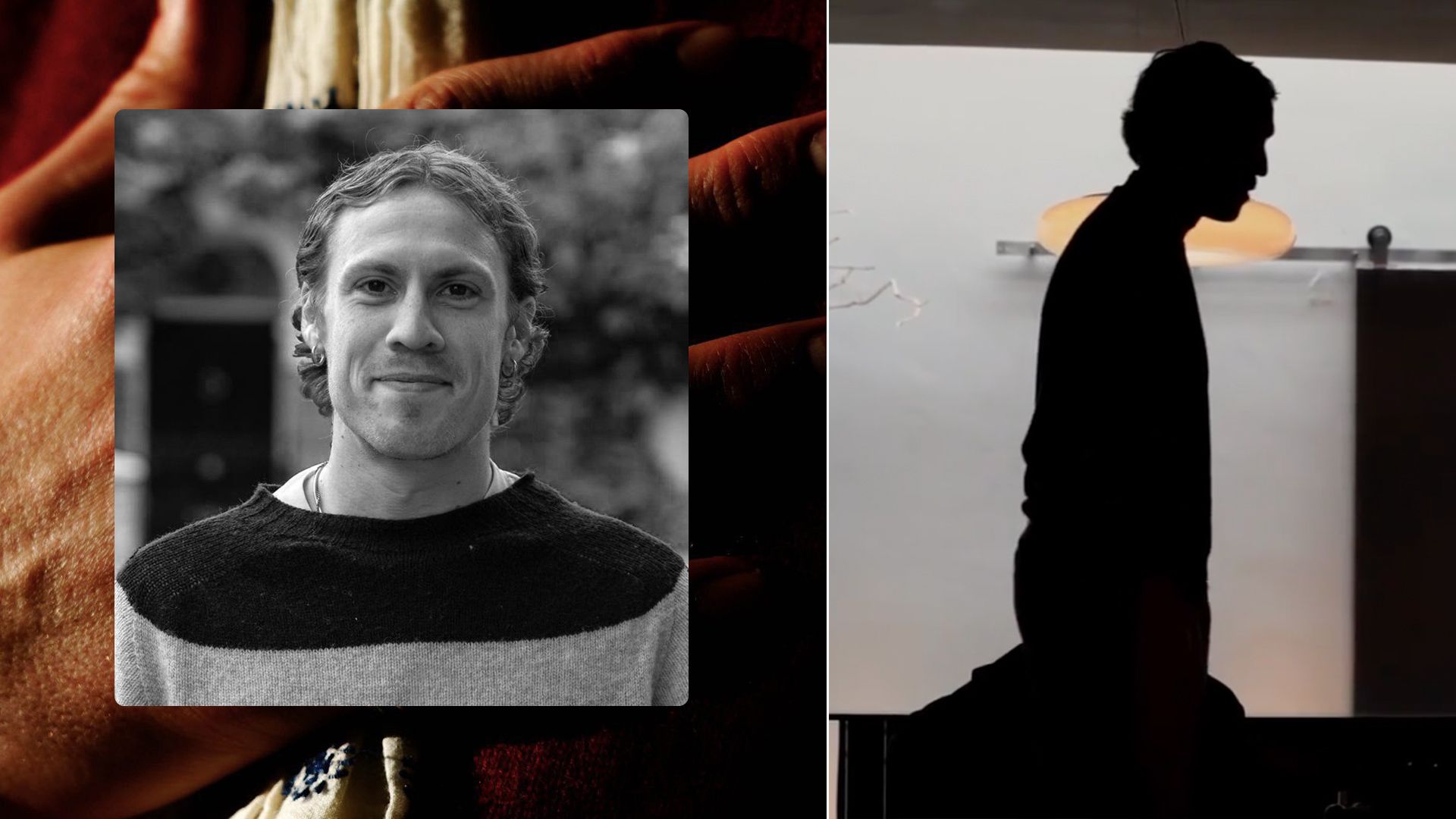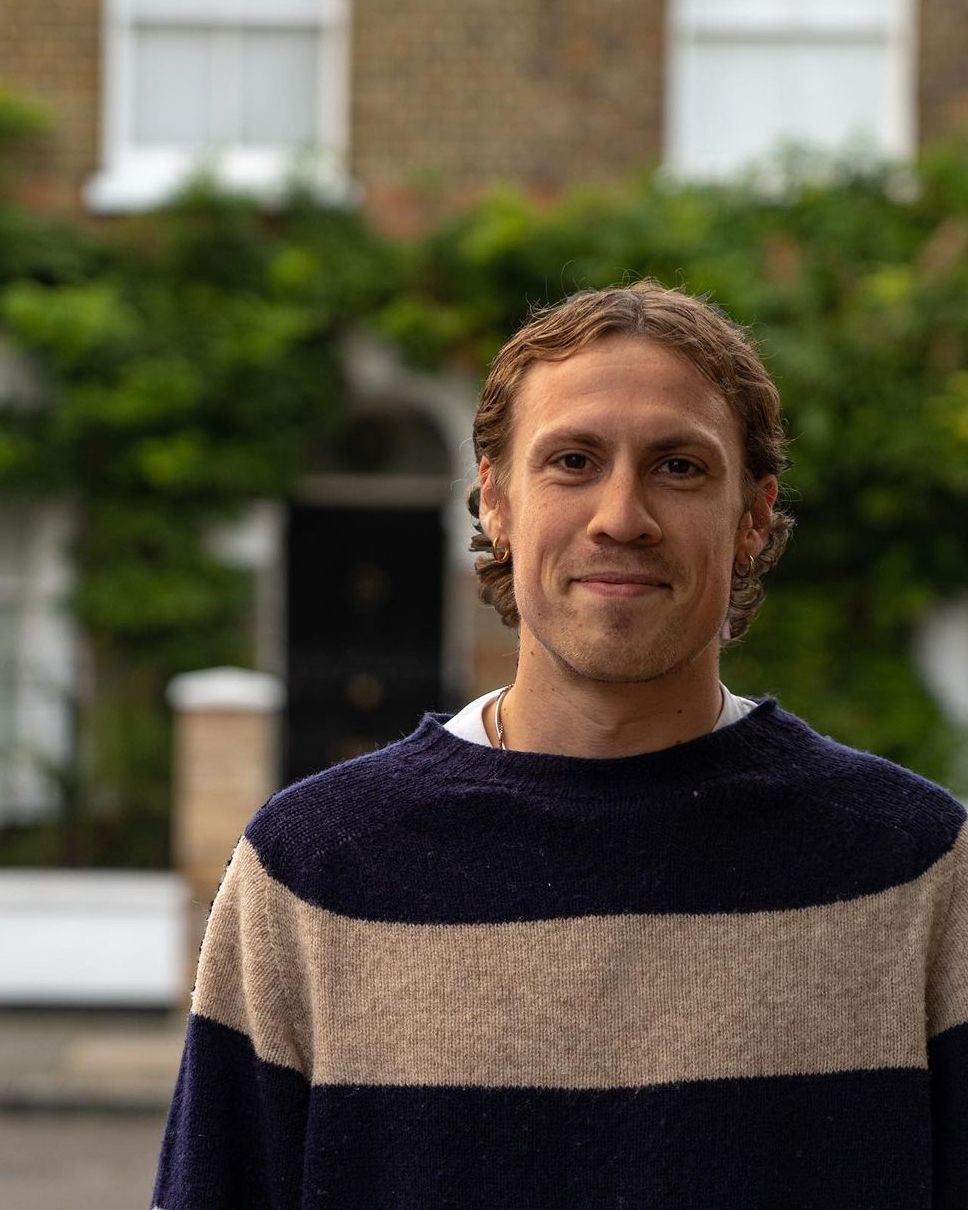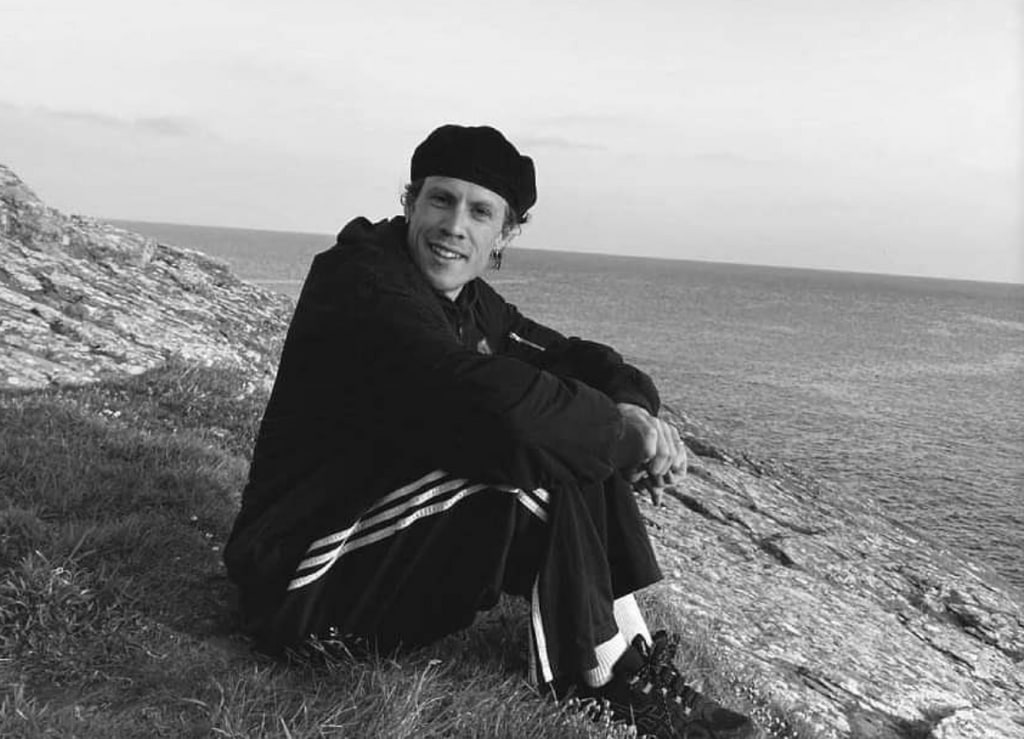It’s human nature to overcomplicate. This is certainly the case when it comes to wellness. As we delve further into the ever-evolving world of health, the more creative our plight for happiness becomes. Consider yoga in the clouds, aerial pilates, and even the occasional trip to the Mayr Clinic for those with a hankering for luxury.
But what if the key to a healthier way of life was, quite literally, under your nose? The practice of breathwork champions just that. Breath control is an ancient therapy technique that, with the backing of science, is finally going mainstream.
The search term alone has racked up 920 million hashtag views on TikTok, but it’s evident that the practice is so much more than a trend.
March Russell is a breathwork coach teaching accessible breathing tools for optimal mental and physical health. He left behind a career in the corporate world in pursuit of a better mental state, simultaneously forging a path dedicated to helping others.
“Many people think that breathwork is ‘wishy washy’ but there is nothing ‘wishy washy’ about it,” he says. Two years ago, the Oxfordshire native was working alongside his five siblings and his father in London. A meditation retreat abroad sparked curiosity about the practice of breathwork, which quickly became his holistic bread and butter.
“I wanted to be in a better place myself. I had experienced bouts of loneliness, stress, anxiety, and low self-esteem and this instigated an interest in maintaining better mental health.
I felt very strongly drawn to exploring [breathwork] further, but was for a while, unsure how to go about it. I found it tricky to get a ‘normal job’ as my heart and interest were elsewhere.”
With a few years of corporate experience and a degree in History of Art under his belt, March understood that his blossoming passion was somewhat left field of the trajectory of his CV so far.
“As one of six children, with five of them all working together in the same business with my father, I felt I was going against the grain. To begin, I did feel pressure to get into a more traditional role, which I did so at first, for quite a few years. But I think this pressure was just from myself, more in my own head: from my upbringing, what I was used to, and from what everyone around me was doing.”
Yet it seems that his university years formed the foundation for his inclination towards breathwork. “I suffered from anxiety and self-doubt in quite a big way at university. To the point where public speaking in a lecture or seminar to so little as five people would send my heart racing and was incredibly anxiety-inducing. On many occasions, this was quite debilitating. This bothered me for quite a big chunk of my life but is 100% in the past now. I now speak in person to 100+ people, and it is breathwork that has given me the tools to manage this.”
Granted, public speaking sparks the fear of God within many introverts, but the majority would not think that something as simple as breath control can help eliminate oratory-induced anxiety. Simply put, breathwork has a lot of skeptics. The 28-year-old doesn’t shy away from this topic.
“Breathwork is very physiological and backed by unbiased science from the likes of top scientists at research centres and universities such as Cambridge and Stanford. For example, there has been some very interesting research recently by a Stanford neuroscientist, Andrew Huberman, who has explored the effects of meditation and breathwork. The outcome showed that breathwork is one of the most effective ways to relieve stress, anxiety and regulate your nervous system. It’s also been shown to enhance sports performance and alter your physiology, along with many other qualities.
I would urge any skeptics to therefore approach breathwork with an open mind and give it a go to see for yourself. You will feel the tangible benefits from your own experience.”
Wellness practices often come hand-in-hand with cult followings and trend cycles. Naturally, one's mind flits to flocks of bohemian breathwork clients armed with matcha and incense. But this isn’t necessarily the case.
“My clients vary from people suffering with anxiety, sleep troubles, weight loss, lack of energy, a desire to enhance their sports performance, and a desire for personal growth and development. The list goes on. There is definitely no need to be previously engaged in ‘spiritual’ practices to start a breathwork practice.
Check it out with an open mind and willingness to explore! Breathwork has very tangible and impactful effects. So with a consistent practice you will begin to notice a very substantial change for the better. Find the right teacher to guide you, and start with shorter, achievable and consistent practices before moving onto anything more extensive. You’ll be amazed what it can do, simply by practicing 10 minutes daily.”
With the cost of living looming over the British population, cash is tight and the costly therapy sessions may have been put on hold. People are searching for alternative methods of self-soothing without the premium price tags, and this may provide a window of opportunity for the practice to enter the mainstream wellness sphere.
If only we knew someone who could guide us in the right direction…
“Where? You might ask,” he conveniently intervenes. “I have very recently put together an app with a co-founder. It’s called ‘The Breath.’ The app will have pre-recorded sessions, and this is something schools and companies could subscribe to, as well as individuals. Our aim is for this app to be accessible and effective for all. I would love to expand this reach to the likes of prisons too. Often such ‘well-being’ practices are sadly quite inaccessible, out of reach and exclusive. Our aim with this community and app is to create something for everyone, after all - breathwork is a simple, free and innate tool that we all have access to, at our fingertips.”
So basically, there’s no excuse not to try breathwork. Like other flagbearers of the breathwork movement, March is dedicated to giving the practice a platform and encouraging all to incorporate a simple breath exercise into their daily routine.
“I really do believe that as long as someone just tries it, they will feel its tangible benefits and be encouraged to use it as an authentic and effective tool for their everyday lives,” he offers as a parting note. “Simply put, breathwork is the key to an improved quality of life. And anyone can do it.”
To get in touch with March or discover more about breathwork, visit www.marchrussell.com. To be informed of the imminent launch of The Breath, subscribe via www.thebreathofficial.com.












